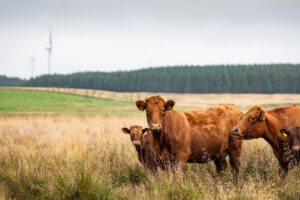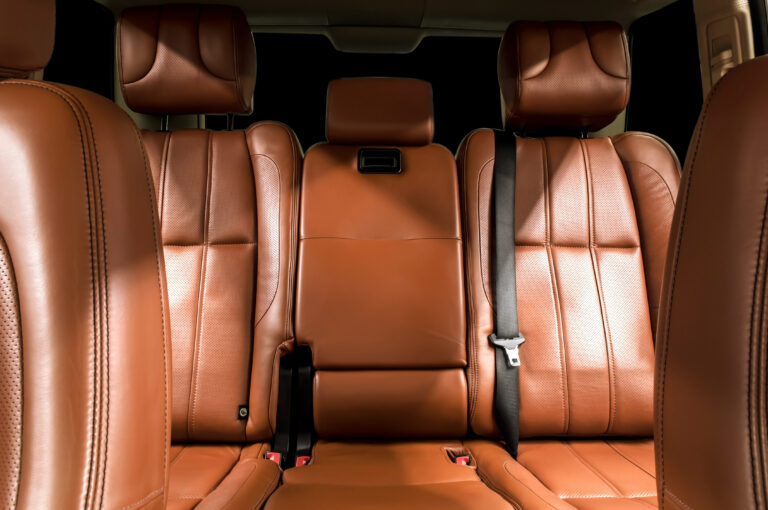The European Union’s Deforestation Regulation (EUDR), slated to take effect on January 1, 2025, is a response to global concerns regarding deforestation and its environmental impact. The regulation will support the EU’s efforts to halt deforestation in global supply chains by requiring companies importing commodities like beef, palm oil, coffee, paper and derived products to certify that these products have not been obtained as a result of deforestation, with geolocation data used to confirm the products’ origins.
The automotive industry, with its use of leather in vehicle interiors, plays a significant role in the leather market and has faced scrutiny for not addressing its deforestation risks adequately. Despite efforts to mitigate these risks, some areas of the automotive supply chain still fall short in responsible and sustainable sourcing of materials.

An insightful report by the World Wildlife Fund (WWF) underscores the leather industry’s importance in combating deforestation and driving sustainable change.
In recent years, the report says, there has been a growing focus on circularity in product lifecycles, encouraging companies to consider the entire lifespan of their products and their interconnected impacts.
Despite being one of the oldest forms of upcycling, leather has faced criticism because of the environmental and animal welfare implications of cattle production.
However, the reality can be seen as nuanced, with leather also offering benefits as a byproduct of cattle production. But the report says that these benefits need to be considered in context and that it is crucial for companies using leather to “influence sustainable practices”, especially in eliminating deforestation and conversion in the supply chain. Considering the entire lifecycle of leather, along with leather substitutes, is essential for making responsible materials decisions.

The leather industry has potential to influence sustainability, as supporting deforestation and conversion-free (DCF) hides can strengthen economic positions for beef producers and provide leverage for leather purchasers, according to the WWF. Collaboration with beef and dairy industries and increasing consumer awareness of leather’s sustainability potential can “deepen leather’s enduring sustainability legacy and ensure its environmental impact is minimal”, the WWF says.
Companies like Bridge of Weir Leather also have the power to influence operations, implement sustainable practices and promote deforestation-free supply chains.
Bridge of Weir Leather has invested heavily in its production facilities to ensure compliance with upcoming EUDR regulations. The company states that it maintains full transparency in its operations and tracks its materials to guarantee ethical practices.
By adopting deforestation-free leather, automotive brands can meet consumer expectations and help promote circularity in product lifecycles.



